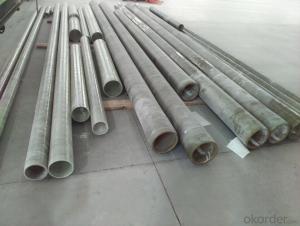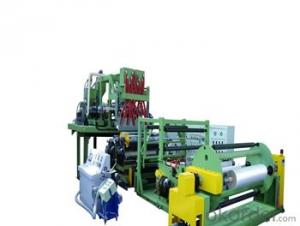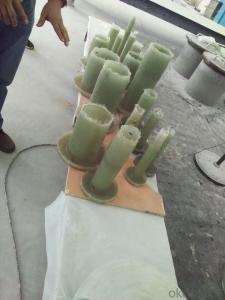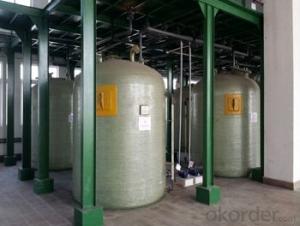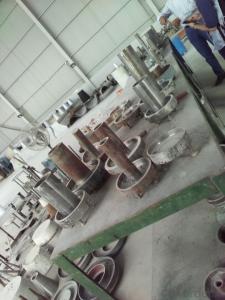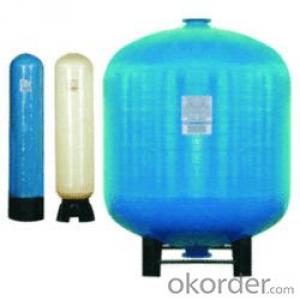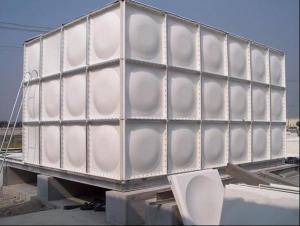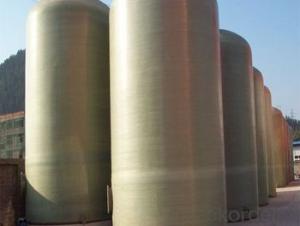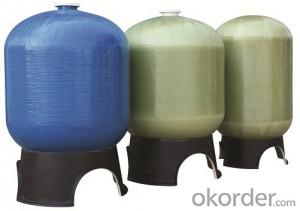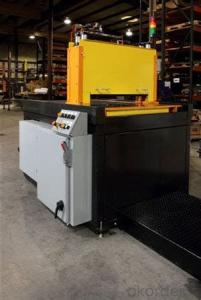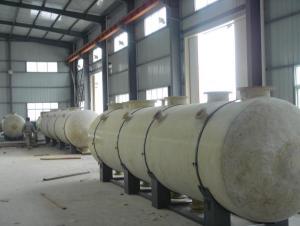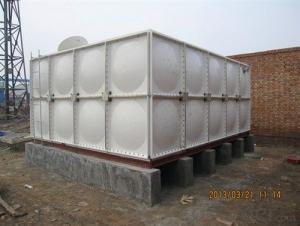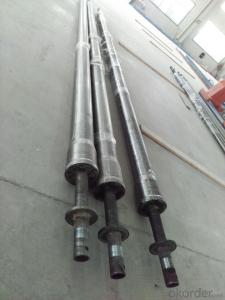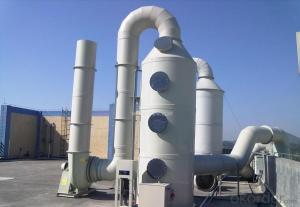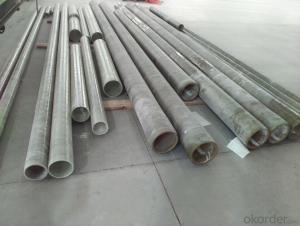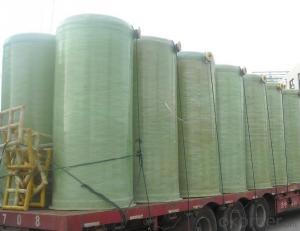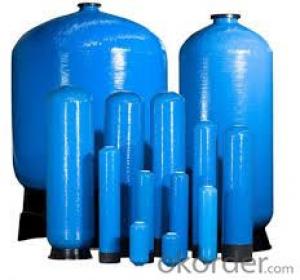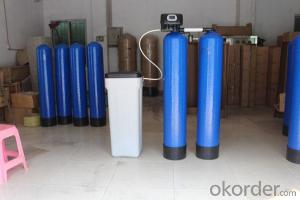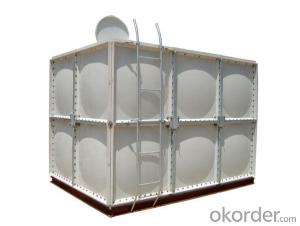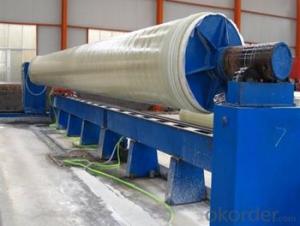All Categories
- - Steel Wire Rod
- - Steel Coils
- - Steel Profiles
- - Steel Pipes
- - Stainless Steel
- - Tinplate
- - Special Steel
- - Steel Sheets
- - Steel Rebars
- - Steel Strips
- - Hot Rolled Steel
- - Cold Rolled Steel
- - Pre-painted Steel
- - Seamless Steel Pipe
- - Welded Steel Pipe
- - Hollow Steel Tubes
- - Galvanized Pipe
- - Stainless Steel Coil
- - Stainless Steel Sheet
- - Stainless Steel Plate
- - Stainless Steel Strips
- - Electrolytic Tinplate Coil
- - Electrolytic Tinplate Sheet
- - Stainless Steel Rebars
- - Solar Panels
- - Solar Water Heater
- - Solar Related Products
- - Solar Inverter
- - Solar Cells
- - Solar Light
- - Solar Energy Systems
- - Solar Controllers
- - Solar Mounting System
- - Solar Pump
- - Solar Chargers
- - Fiberglass Chopped Strand
- - Fiberglass Mesh Cloth
- - Composite Pipes
- - FRP Pultrusion Profiles
- - Fiberglass Mat Tissue
- - Fiberglass Fabrics
- - Fiberglass Mesh
- - Composite Tank
- - Fiberglass Mesh tape
- - Polymer
- - FRP Roofing Panel
- - Fiberglass Roving
- - Monolithic Refractories
- - Ceramic Fiber Products
- - Refractory Bricks
- - Raw Materials For Refractory
- - Suspended Platform
- - Cranes
- - Concrete Machinery
- - Earthmoving Machinery
- - Building Hoist
- - Road Building Machinery
- - Plastic Pipe Fittings
- - Plastic Tubes
- - Plastic Sheets
- - Agricultural Plastic Products
- - Plastic Nets
 All Categories
All Categories
Q & A
What is the role of digital twin technology in modeling and simulating the behavior of composite tanks?
The role of digital twin technology in modeling and simulating the behavior of composite tanks is significant. Digital twin technology allows for the creation of virtual replicas of physical tanks, incorporating real-time data from sensors and other sources. By simulating the behavior of composite tanks, digital twins enable engineers to analyze various operating conditions, assess structural integrity, and predict performance under different scenarios. This technology helps optimize tank design, enhance maintenance strategies, and facilitate decision-making processes, ultimately leading to improved efficiency, cost-effectiveness, and safety in the field of composite tank applications.
What is the role of resin infusion in composite tank manufacturing?
Resin infusion is a crucial process in composite tank manufacturing as it allows for the complete impregnation of fibers with resin, resulting in a strong and durable tank. This method ensures even distribution of resin throughout the composite material, minimizing voids and enhancing structural integrity. Additionally, resin infusion allows for the production of complex shapes and reduces the need for additional joining techniques, making it an efficient and cost-effective manufacturing process for composite tanks.
Can composite tanks be used for water storage?
Yes, composite tanks can be used for water storage. Composite materials, such as fiberglass reinforced plastic (FRP), are commonly used in the construction of tanks for various applications, including water storage. These tanks are known for their durability, corrosion resistance, and ability to withstand harsh environmental conditions. Additionally, composite tanks can be designed to meet specific requirements, such as different sizes, shapes, and capacities, making them suitable for water storage purposes.
Can composite tanks be used for storing hazardous waste?
Yes, composite tanks can be used for storing hazardous waste. Composite materials like fiberglass have excellent chemical resistance and can withstand the corrosive nature of many hazardous substances. Additionally, composite tanks are lightweight, strong, and have a long lifespan, making them an ideal choice for storing hazardous waste safely.
Wholesale Composite Tank from supplier in Bhutan
Whether you require Composite Tanks for industrial, commercial, or residential applications, we have the expertise and resources to meet your needs. Our Composite Tanks are manufactured using advanced technology and high-quality materials, ensuring durability, efficiency, and long-lasting performance.
We offer a wide range of Composite Tanks in different sizes, capacities, and configurations to suit various requirements. Our tanks are suitable for storing water, chemicals, fuels, and other liquids, and they are designed to withstand extreme weather conditions and corrosive environments.
In addition to supplying Composite Tanks, we also provide comprehensive services such as installation, maintenance, and repair. Our team of skilled technicians is trained to handle all aspects of tank installation and maintenance, ensuring optimal performance and safety.
At our company, customer satisfaction is our top priority. We strive to exceed your expectations by delivering products and services that are of the highest quality. Our dedicated sales team is always ready to assist you in selecting the right Composite Tank for your specific needs and providing competitive pricing options.
Partner with us for all your Composite Tank requirements in Bhutan, and benefit from our industry-leading expertise, reliable products, and exceptional customer service. Contact us today to discuss your project and discover how we can support your success.
We offer a wide range of Composite Tanks in different sizes, capacities, and configurations to suit various requirements. Our tanks are suitable for storing water, chemicals, fuels, and other liquids, and they are designed to withstand extreme weather conditions and corrosive environments.
In addition to supplying Composite Tanks, we also provide comprehensive services such as installation, maintenance, and repair. Our team of skilled technicians is trained to handle all aspects of tank installation and maintenance, ensuring optimal performance and safety.
At our company, customer satisfaction is our top priority. We strive to exceed your expectations by delivering products and services that are of the highest quality. Our dedicated sales team is always ready to assist you in selecting the right Composite Tank for your specific needs and providing competitive pricing options.
Partner with us for all your Composite Tank requirements in Bhutan, and benefit from our industry-leading expertise, reliable products, and exceptional customer service. Contact us today to discuss your project and discover how we can support your success.
